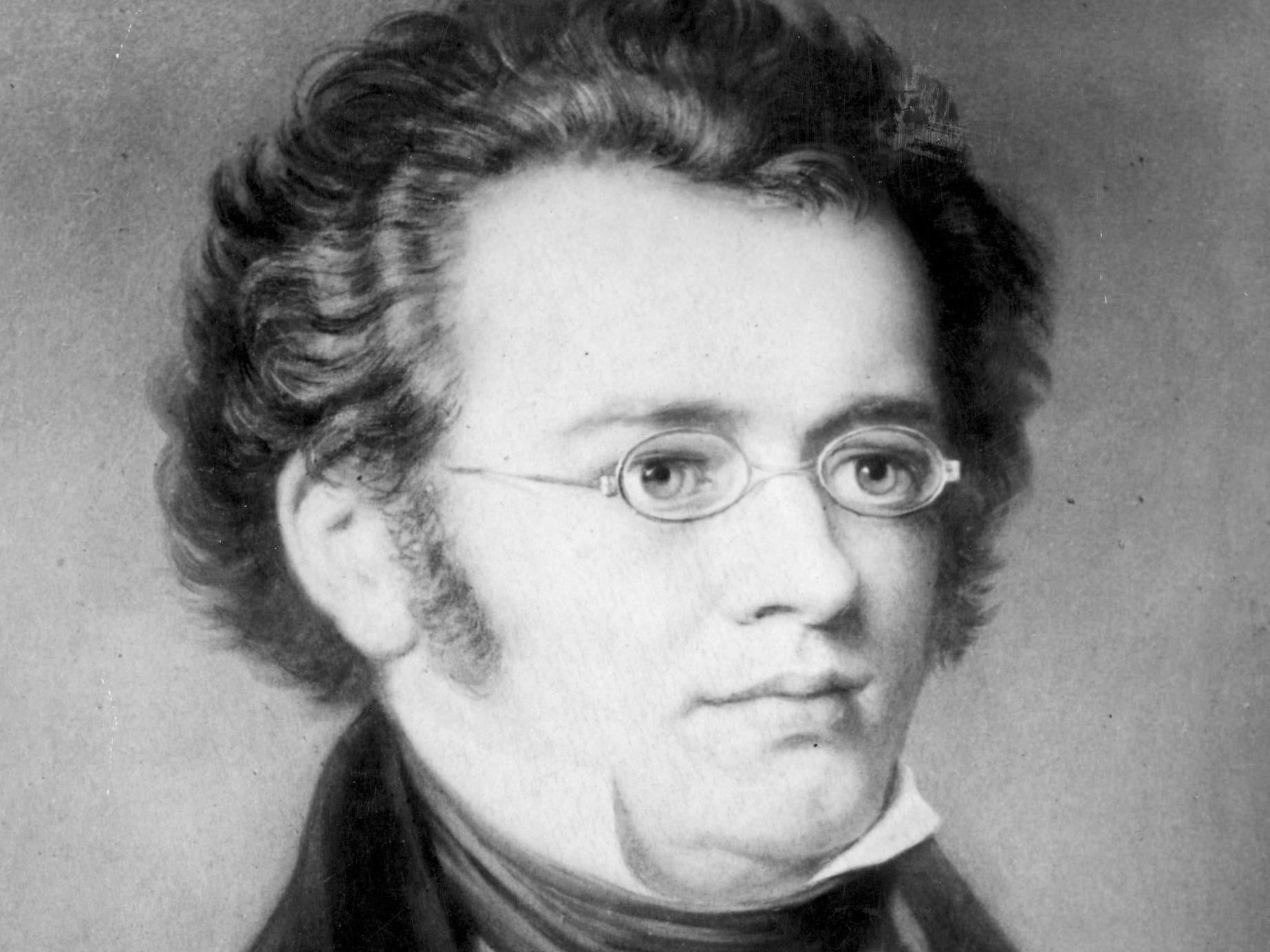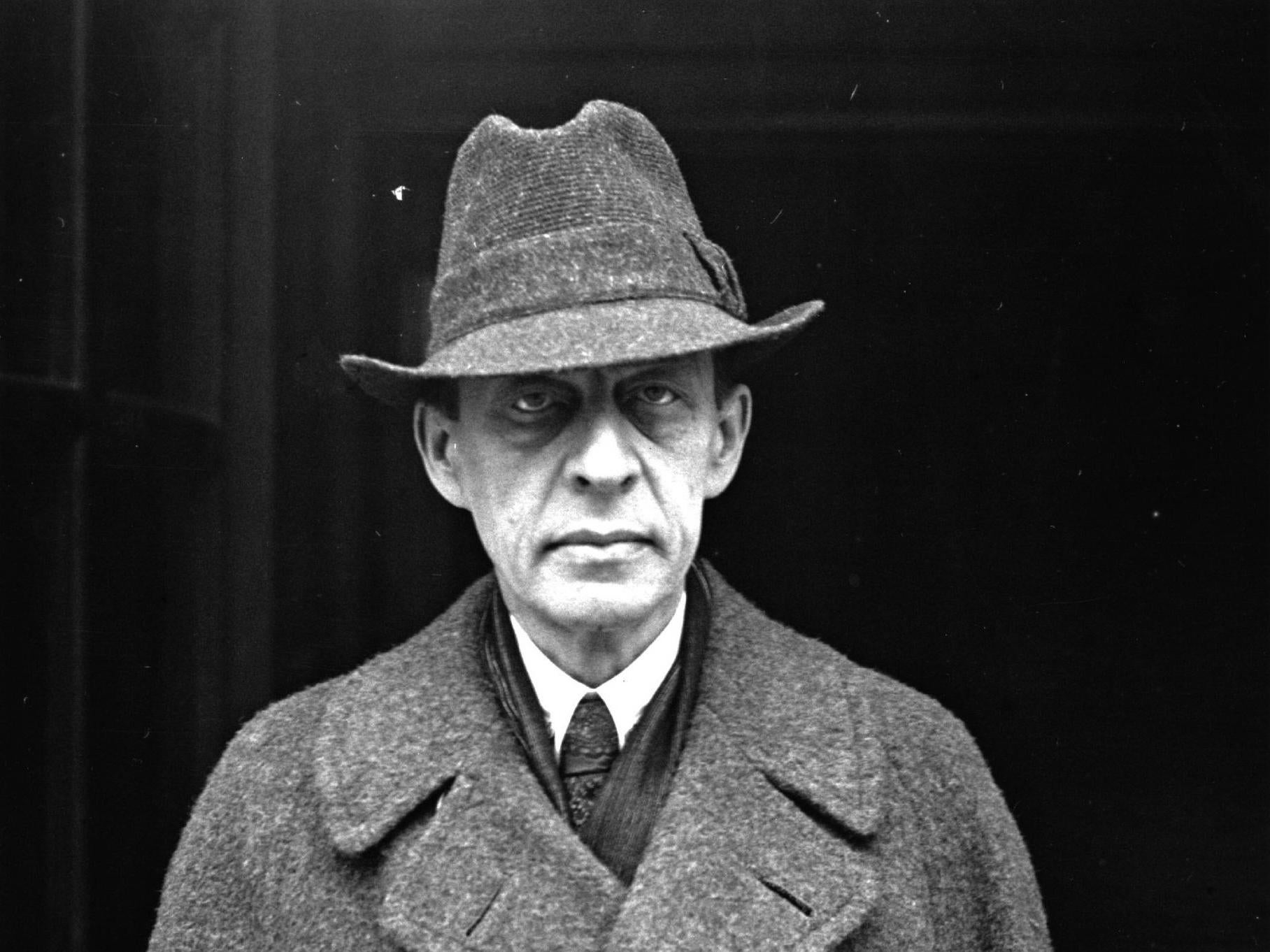Classical reviews: Schubert and Russian Cello Sonatas
Arcadi Volodos has a highly individual approach to Schubert, while Russian works are performed with both grace and authority

Schubert: Piano Sonata in A major D959; Minuet in A major D334; Minuet in E major D335; Minuet in C sharp minor D600 with Trio in E major D610
Arcadi Volodos, piano
(Sony 19075868292)
★★★★★
One of the musicians I miss most in this current deep freeze is the Russian pianist Arcadi Volodos. He always loved eluding the press – when I was commissioned to interview him in Madrid, he almost gave me the slip – but even he must be chafing at the current restraints. His career has followed an unusual course: at ten he wanted to be a footballer, and only when he was sixteen did he yield to persuasion to take the piano seriously. In his twenties he became celebrated as a composer and performer of crazily virtuosic arrangements; in his thirties he swung hard in the opposite direction, championing the laconic Catalan composer Mompou.
Meanwhile he was developing a highly individual approach to Schubert, finding in his works a keyboard poetry no one had found before. The sonata which is this CD’s pièce de résistance emerges in typically poetic guise; the first movement, delivered with a gracefully light touch, is delicately shaded as it skirts the abyss which follows in the Andantino. Many pianists play this Barcarole as though Schubert were railing against his fate, but in Volodos’s hands it proves as benignly fleeting as Prospero’s storm in The Tempest; the Scherzo is leisurely, the Rondo eloquent. The first two Minuets were Schubert’s teenage efforts; the third here becomes a game of competing pianissimos.

Russian Cello Sonatas
Rachmaninov: Cello Sonata in G minor, Vocalise; Prokofiev: Cello Sonata in C
Hee-Young Lim, cello; Nathalia Milstein, piano
(Sony S8049C)
★★★★★
As Tully Potter observes in his liner-note, these works both arose from upheavals in their composers’ lives; for Rachmaninov it was a personal and artistic crisis, and for Prokofiev a political one, and he negotiated his difficult position vis a vis the Soviet government. Lim confesses that she came relatively late to Rachmaninov’s sonata, having thought that despite its beautiful melodies it was really just a fifth piano concerto with added cello accompaniment. But she now delivers it with wonderful grace, as she does the soaring Vocalise. Her account of the Prokofiev sonata is forcefully authoritative; she regards it as a musical fairy tale, and that is how she plays it. Nathalia Milstein’s accompaniments are lovely.
Join our commenting forum
Join thought-provoking conversations, follow other Independent readers and see their replies
Comments
Bookmark popover
Removed from bookmarks